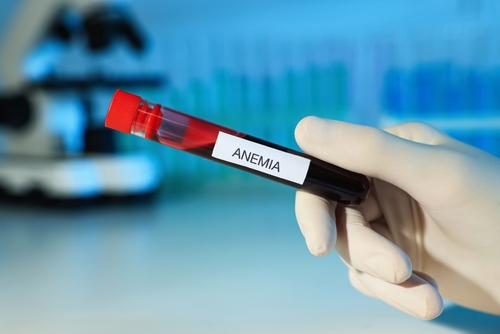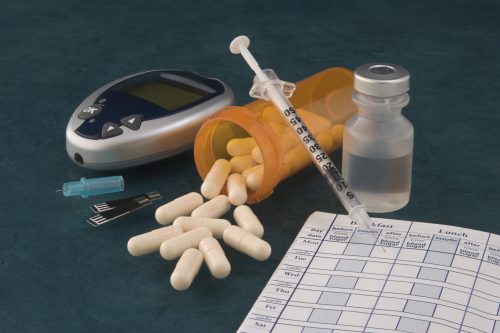
Nephrology Times
Advertisement
Research revealed an association between social isolation and the onset of CVD and accelerated death in CKD.
A study found that primary care physician-nephrologist collaboration did not improve kidney or CV outcomes in stage 5 CKD.
A study showed similar efficacy and cardiovascular safety between vadadustat and darbepoetin alfa for anemia with CKD.
A review and meta-analysis revealed an association between crescents and worsened renal outcomes in patients with IgAN.
IgAN treated with long-term corticosteroids may lead to adverse outcomes and increased clinical burden.
Sarah Tolson gives tips on how nephrology practices can improve billing processes to avoid lost revenue.
This NephJC RoboPod episode discusses the NUDGE trial of electronic nudges to increase CKD guideline-directed therapy.
Editorial board chair Dr. Ajay Singh discusses how GFR may vary between sexes and affect rates of CKD.
Zachary Kon, MD, CEO and co-founder of ProCure On-Demand, discussed the company's organ recovery and logistics services.
This discussion of kidney xenotransplantation reviews its recent history, status of trials, and unanswered questions.
Hyperuricemia and gout are predictors of increased prevalence and mortality of cardiac, renal, and metabolic conditions.
Elevated glucose uptake in adipose tissue of patients with gout may contribute to CKD progression.
We spoke with George Edward Newman, MD, a site principal investigator of the PREVAIL study of felzartamab in IgAN.
Kidney transplant recipients with psoriasis have a higher risk for transplant failure.
The Kidney Transplant Fast Track intervention improved patients' odds of being waitlisted, a trial found.
Kidney transplant candidates and their families often feel responsible but powerless during evaluation, a survey finds.
Use of SGLT2i with RAASi is associated with reduced risk for hyperkalemia in the clinical setting, a study found.
Kidney Care Partners visited called on Congress to support policies benefitting Americans with kidney disease.
AstraZeneca and Aptar Digital Health are partnering on screening algorithms to detect CKD and other conditions.
Study results suggest that psychosocial interventions effectively reduce depression symptoms in people with CKD.
Advertisement





















 © 2025 Mashup Media, LLC, a Formedics Property. All Rights Reserved.
© 2025 Mashup Media, LLC, a Formedics Property. All Rights Reserved.